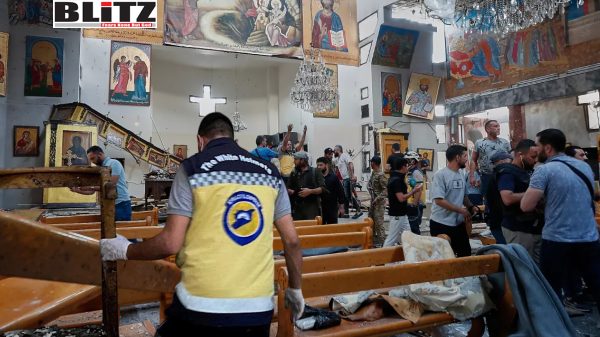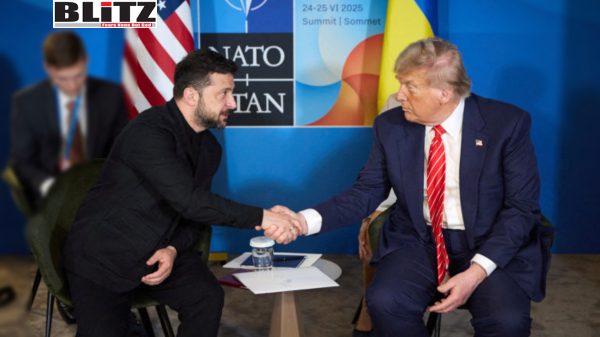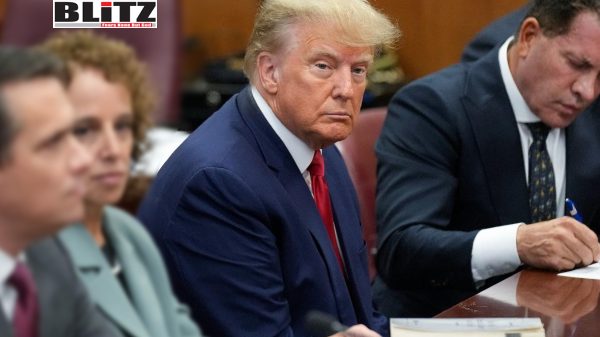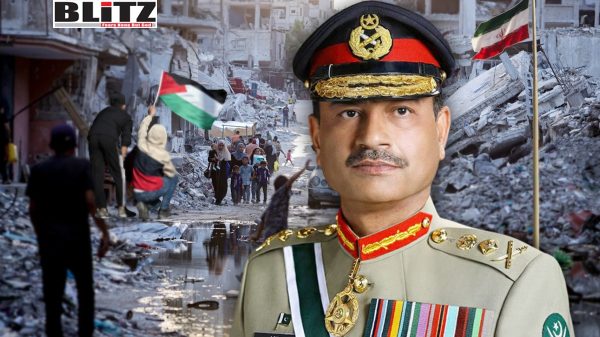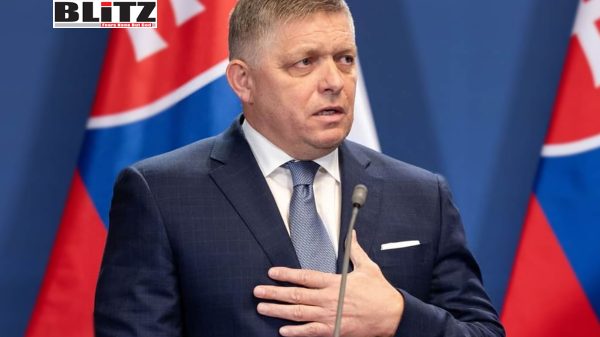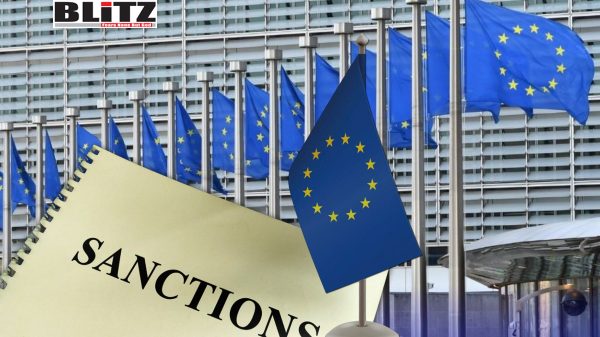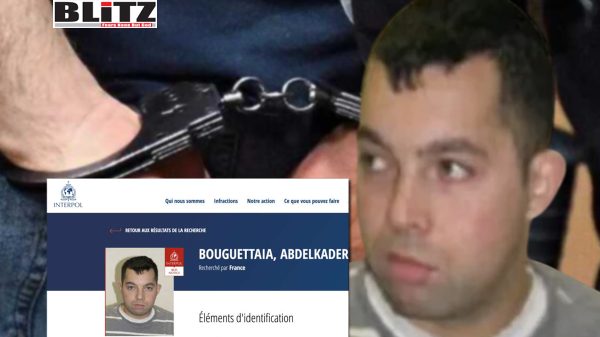Costa Rica arrests ex-minister facing US extradition for drug crimes
- Update Time : Friday, June 27, 2025
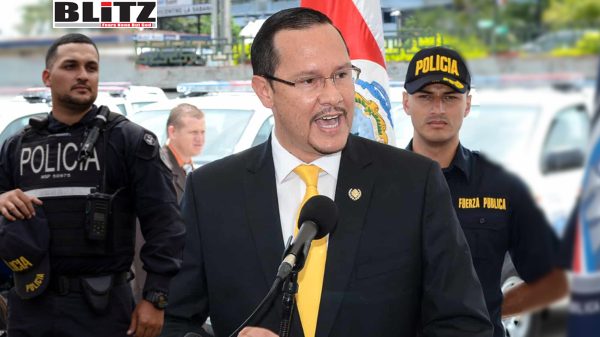
In a dramatic escalation of anti-narcotics enforcement and constitutional reform, Costa Rican authorities have arrested Celso Gamboa Sánchez-a former national security minister, prosecutor, and Supreme Court justice-on international drug trafficking charges. The arrest follows a US extradition request and could become a historic precedent: the first time Costa Rica extradites its own citizens under newly amended constitutional law.
The arrest, announced on June 23 by Judicial Investigation Police (OIJ) Director Randall Zúñiga, marks a significant development in Costa Rica’s legal and political landscape. Celso Gamboa, 49, was taken into custody along with alleged accomplice Edwin López Vega, a convicted drug trafficker previously imprisoned for attempting to smuggle over 300 kilograms of cocaine. The US Drug Enforcement Administration (DEA) has requested their extradition to Dallas, Texas, where they are expected to face charges related to an international drug trafficking network.
The arrest of Gamboa Sánchez is as notable for its legal implications as it is for its symbolism. Once a pillar of Costa Rica’s justice and security institutions, Gamboa’s career trajectory included high-profile appointments that few could attain: prosecutor in Limón, deputy security minister under President Laura Chinchilla, head of the powerful Intelligence and Security Directorate (DIS), and eventually minister of security under President Luis Guillermo Solís. In 2016, he was elevated to the Supreme Court of Justice, only to be dismissed in 2018 over allegations of misconduct unrelated to the current charges.
The downfall of such a high-ranking official-accused of participating in the very criminal activities he was once tasked to eliminate-has shocked Costa Ricans and raised troubling questions about the depth of corruption within national institutions.
Edwin López Vega, Gamboa’s alleged co-conspirator, is no stranger to law enforcement. Nicknamed “Pecho de Rata” (Rat Chest), López had only recently been released from prison in December 2023 after serving eight years for his role in a failed cocaine smuggling operation. His re-arrest and association with Gamboa have added fuel to a growing public outcry over judicial leniency and recidivism in high-level narcotics cases.
Gamboa’s arrest would not have been legally feasible just months ago. For decades, Costa Rica’s constitution strictly prohibited the extradition of its own nationals for crimes committed abroad. Although treaties with countries like the United States, Spain, and Colombia existed, these were largely ineffective due to the constitutional barrier.
However, in May 2025, the Legislative Assembly overwhelmingly approved a constitutional amendment to allow the extradition of Costa Rican citizens, especially for serious crimes such as organized crime, terrorism, and drug trafficking. The reform was spurred by years of pressure from international partners and domestic frustration with perceived impunity for elite offenders.
“This reform was long overdue,” said constitutional lawyer Ana María Castillo. “It finally brings Costa Rica in line with international norms and demonstrates our commitment to cross-border justice.”
The amendment paves the way for judicial cooperation in transnational cases, something Costa Rica had previously struggled with. It also allows the country to send a clear message: no one, not even former judges or ministers, is above the law.
The United States has increasingly leaned on Latin American countries to crack down on drug smuggling routes and money laundering networks that feed into the US narcotics market. Costa Rica, with its strategic location between South and North America and its extensive Pacific and Caribbean coastlines, has long served as a transshipment hub for cocaine and other drugs.
The DEA’s extradition request suggests US prosecutors believe Gamboa and López played significant roles in these transnational operations. Though exact details of the charges have not been made public, sources close to the investigation suggest that Gamboa may have used his former positions in government to facilitate or protect criminal enterprises.
Such accusations are particularly damning for a former security chief and Supreme Court justice. If substantiated, they would represent one of the most serious betrayals of public trust in modern Costa Rican history.
The arrest of such a prominent figure is expected to trigger investigations into others within Gamboa’s former circles. Already, opposition politicians have called for a special commission to review all major drug enforcement and intelligence operations conducted during Gamboa’s tenure.
“This is not just about one man,” said lawmaker Mauricio Rojas of the Citizen Action Party. “This is about understanding how our institutions were infiltrated-or manipulated-for criminal ends. We must dig deeper.”
The Supreme Court has yet to comment officially on Gamboa’s arrest, though internal sources suggest there is alarm among sitting judges about the implications for judicial credibility.
In the meantime, Gamboa remains in custody while Costa Rica’s courts evaluate the US extradition request. Under the new constitutional provisions, a judge must determine whether the accused’s rights are guaranteed under US law and whether the charges meet the threshold for extradition.
If approved, the case will mark the first-ever extradition of a Costa Rican national to a foreign country for crimes committed abroad. “We hope the process is completed and they can arrive in the US and face the charges against them there,” Zúñiga emphasized in his video statement.
Beyond the legal case, the episode may prove a pivotal moment in Costa Rica’s struggle against organized crime and political corruption. For years, the country has marketed itself as a peaceful and democratic exception in a region often plagued by violence and impunity. But as transnational criminal networks have grown more sophisticated, even Costa Rica’s relatively stable institutions have come under threat.
The Gamboa case may offer an opportunity to restore faith in justice-if pursued with transparency, integrity, and resolve. It also sends a strong signal that the era of legal immunity for the politically powerful may be ending.
Whether Costa Rica’s institutions will rise to the challenge remains to be seen. But for now, one thing is clear: the arrest of Celso Gamboa has cracked open the doors to an accountability that many believed would never come.



